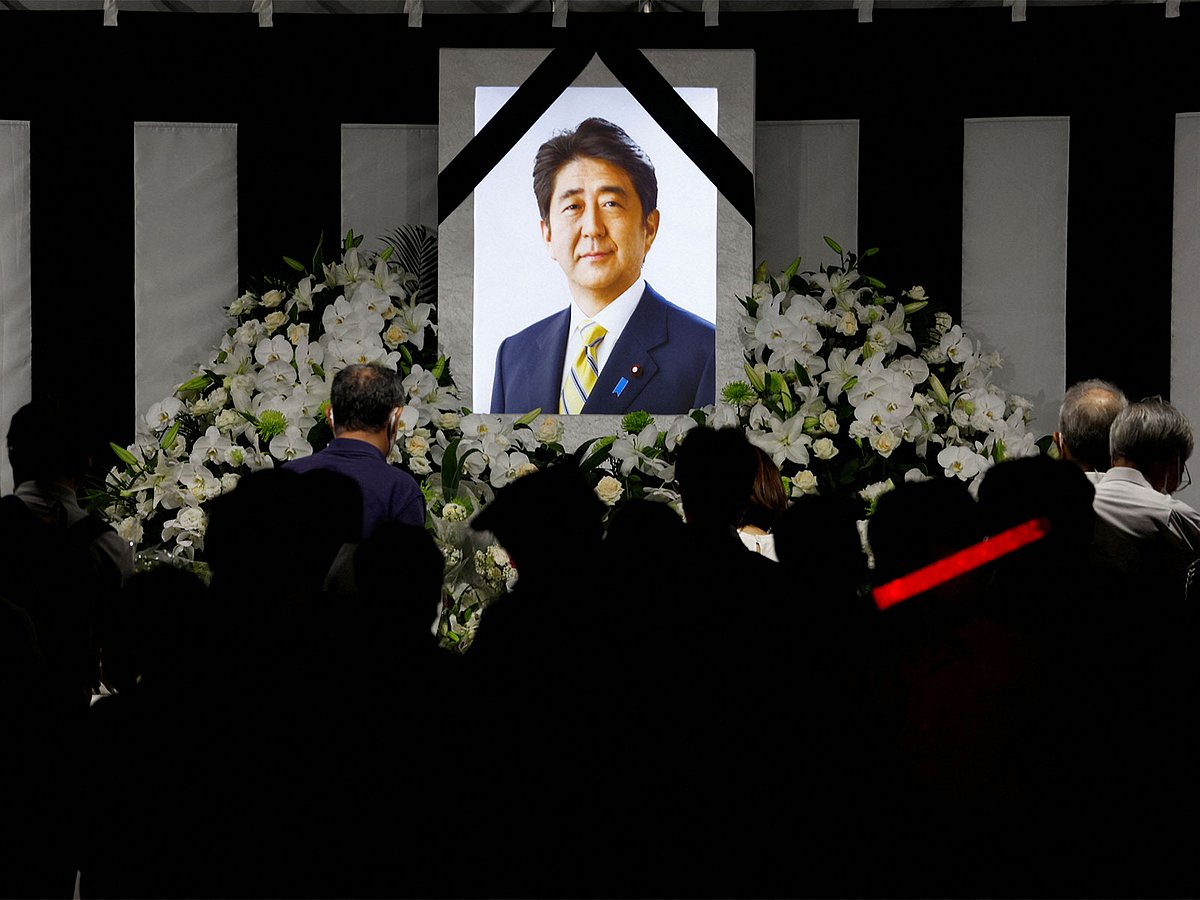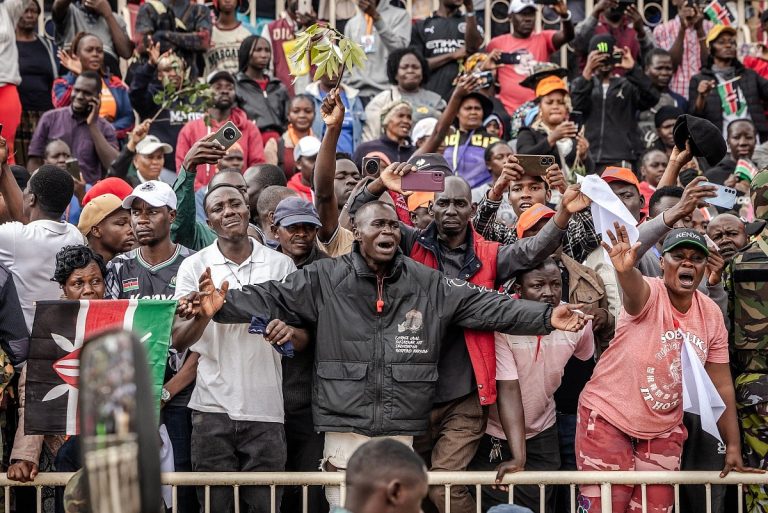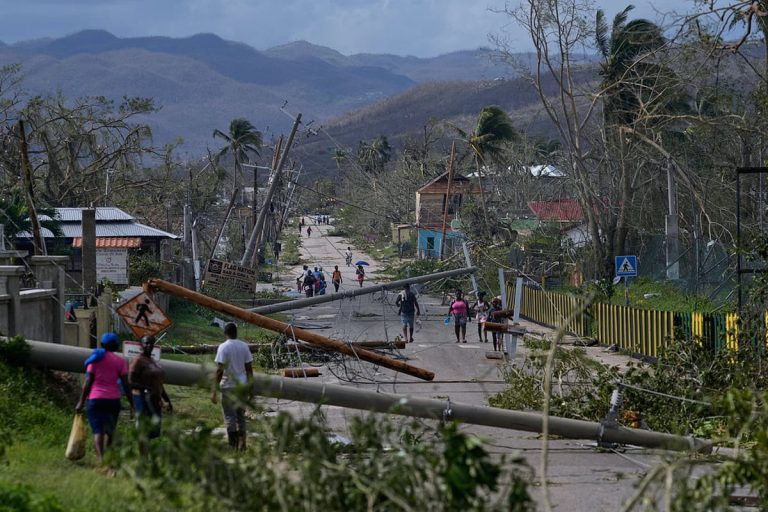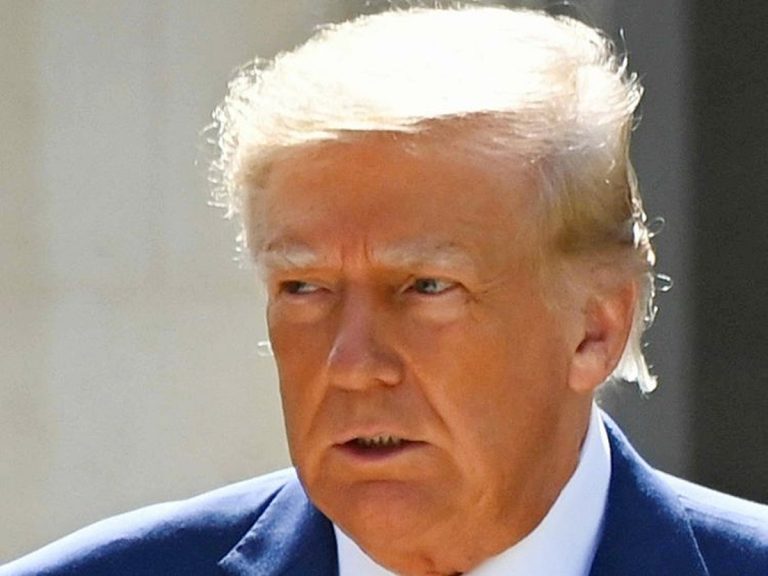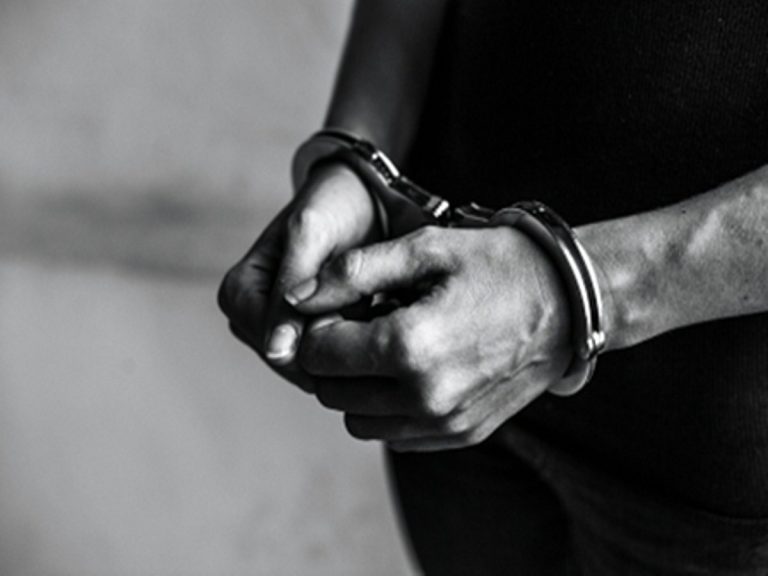Trial Opens for Man Charged in Shinzo Abe’s Assassination
The trial of Tetsuya Yamagami, the man charged with the assassination of former Japanese Prime Minister Shinzo Abe, is set to commence on Tuesday. This high-profile case has drawn international attention, especially given the shocking nature of the crime, which occurred in July 2022 during a public speech in Nara, Japan.
Background of the Case
Yamagami, 45, faces serious charges, including murder and violations of arms control laws. He allegedly used a handmade firearm to kill Abe, who was Japan’s longest-serving prime minister. The assassination not only stunned the nation but also sparked a broader discussion about gun violence in Japan, a country known for its strict gun control measures.
The incident prompted investigations into the connections between Abe and the Unification Church, a controversial religious organization. Yamagami reportedly harbored resentment towards Abe due to perceived ties between the former prime minister and the Church, which has faced allegations of financial exploitation and child neglect among its members.
Legal Proceedings
The trial has faced delays, including a last-minute cancellation in 2023 due to the discovery of a suspicious item near the court, which was later deemed harmless. If convicted, Yamagami could face a lengthy prison sentence. Although Japan has the death penalty, it is typically reserved for cases involving multiple victims.
Prosecutors are expected to argue that the murder was premeditated and heinous, while Yamagami’s defense team plans to assert that the act was not politically motivated. A significant aspect of the defense may involve Yamagami’s troubled upbringing, particularly his mother’s extreme devotion to the Unification Church, which he claims led to his family’s financial ruin.
Societal Impact
Abe’s assassination has had far-reaching implications in Japan. It has led to increased scrutiny of the Unification Church’s influence in politics, resulting in the resignation of four ministers linked to the organization. Earlier this year, the Tokyo District Court ordered the dissolution of the Church’s Japanese branch, citing its detrimental impact on society.
The event also served as a wake-up call regarding Japan’s gun laws. Following the assassination, lawmakers enacted stricter regulations to prevent the manufacture of homemade firearms. New legislation now imposes penalties for sharing information about gun-making and sales on social media, reflecting a commitment to enhancing public safety.
FAQs
What charges does Tetsuya Yamagami face?
Tetsuya Yamagami is charged with murder and violations of arms control laws for allegedly using a handmade weapon to kill Shinzo Abe.
How has the assassination affected Japan’s gun laws?
In response to the assassination, Japan’s lawmakers passed a bill in 2024 to strengthen arms control, including penalties for sharing information about homemade firearms online.
What is the expected timeline for the trial?
The trial is set to begin soon, with a verdict anticipated in January 2026, following the presentation of evidence and arguments from both the prosecution and defense.
Conclusion
The trial of Tetsuya Yamagami marks a significant moment in Japan’s legal and political landscape, highlighting issues of gun violence and the influence of religious organizations in politics. As the proceedings unfold, the nation will be closely watching the implications of the case for both justice and societal reform.
The assassination of Shinzo Abe has not only raised questions about individual motivations but also about the broader societal context in which such violence can occur. Japan has long prided itself on its low crime rates and stringent gun control laws, making the incident particularly shocking to both citizens and international observers. The case has prompted discussions about mental health resources and the need for support systems for individuals who may feel disenfranchised or marginalized, particularly in relation to religious organizations.
In the wake of the assassination, public sentiment has shifted, with many citizens expressing a desire for greater accountability from political leaders and organizations. The scrutiny of the Unification Church has led to increased awareness of the potential influence of religious groups in politics, raising ethical questions about the intersection of faith and governance. As the trial progresses, it is likely to further ignite debates about the balance between freedom of expression, religious affiliation, and the responsibilities of public figures.
Also Read:
UAE Enhances Domestic Violence Laws with New Penalties
Japan’s Prime Minister Takaichi Seeks Stronger U.S. Ties

